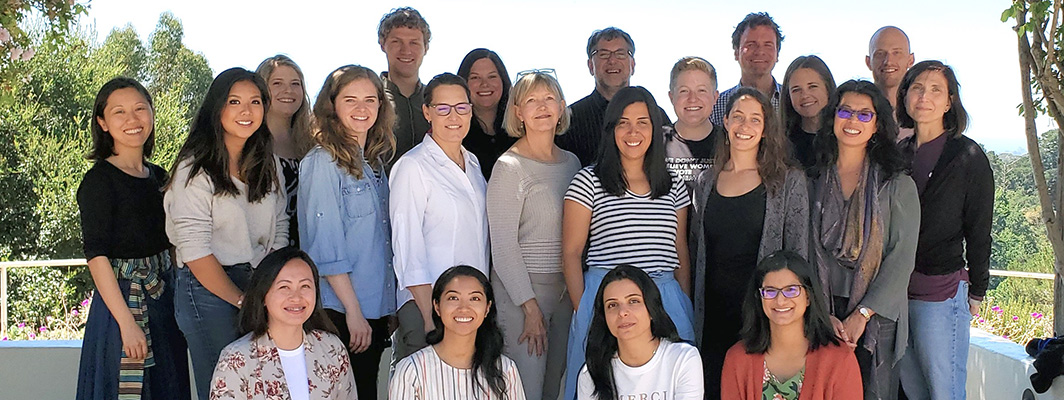
March 10, 2020 | By Judi Fusco, Jeremy Roschelle and Pati Ruiz
Learning sciences research investigates the process of learning in realistic settings, which can include schools, museums, after-school programs, home environments, or anywhere people typically learn. In contrast, prior psychological research on learning was often conducted in a lab with artificial tasks and then applied to more realistic educational activities and settings.
Over the past 30 years, learning sciences has become a growing research field with its own society, journal, conference, and an active international community that tackles the challenge of real-world improvements in educational settings. We are passionate about creating equitable learning and building research-practice partnerships.
Typically, learning sciences research includes four characteristics:
The learning sciences field has long-standing commitments to addressing equity, empowering learners, and helping successful efforts scale. Learning sciences researchers seek to partner with people and organizations, understand their contexts and how learning happens in different places, and promote assets found in communities that foster learning. We do this because we know learning is active, socially constructed, and situated. At its core, the field values diversity; it draws on multiple methods to understand learning processes in realistic settings and across communities. We want to understand not just how people learn, but when, with whom, and for whom learning occurs.
Sometimes a related field called “sciences of learning” is confused with learning sciences. These terms represent distinct research traditions and inform our understanding in different and complementary ways.
Sciences of learning recognizes that many sciences inform our understanding of how people learn, such as neuroscience, psychology, sociology, anthropology, and more. Research questions often start from foundational theories, for example, about how the brain works. After investigating these in a laboratory, often using experimental methods, the findings are applied in other settings.
On the other hand, learning sciences is informed by the same wide net but, as described above, investigates specifically how learning happens in real-life settings (e.g., schools, classrooms, museums, the workforce) with research questions, data gathering processes, and insights that are highly responsive to needs in those specific settings.
We’ve included a number of links to learning sciences resources below. For courses, webinars, and content related to the practical application of the learning sciences in teaching, check out CIRCL Educators. You can also leave comments or questions below for members of the Learning Sciences Research team at Digital Promise.
Places to Read More about Learning Sciences:
Ways to Get Involved:
By Rastee Chaudhry and Barbara Pape
By Tamara Tate and Pati Ruiz